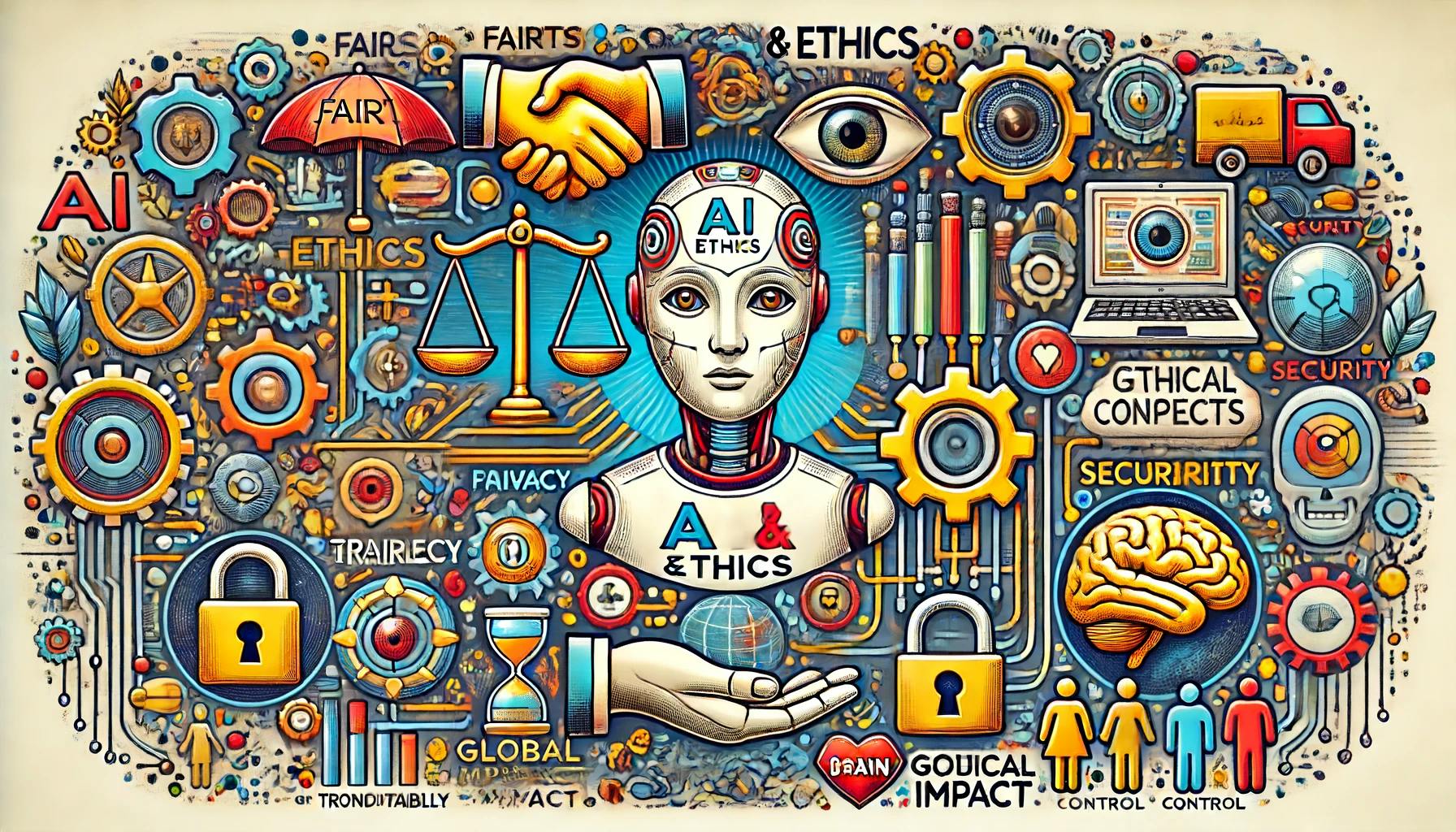598 reads
Ethical considerations in AI development
by
June 19th, 2024
Audio Presented by

Avid reader of all things interesting to mankind. Futurist, artist, pianist, realist.
Story's Credibility



About Author
Avid reader of all things interesting to mankind. Futurist, artist, pianist, realist.
